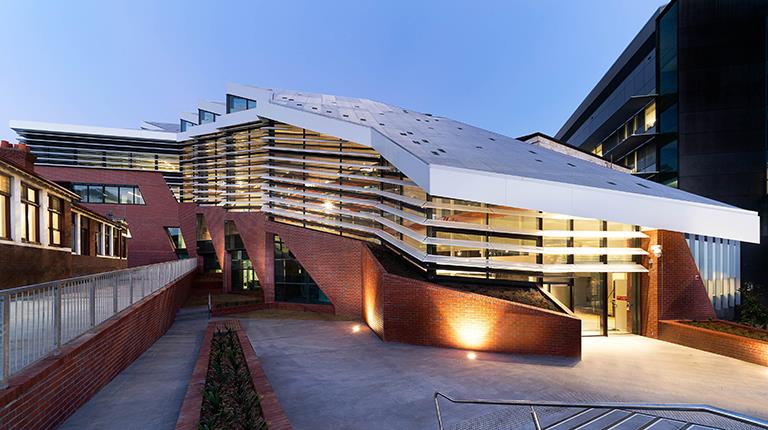What do Philadelphia, Germany, Switzerland, China and Australia have in common? They all rank as areas that are major drivers for biotechnology innovation and they are also places where global biotech leader CSL Behring has a significant presence.
A total of 30 locations were among the top biotechnology hubs rankings recently published by industry trade publication Genetic Engineering & Biotechnology News, which split up its results among the U.S., Europe and Asia.
A culture of innovation in the U.S.
Momentum is building in biotech hubs across the U.S. The Philadelphia region, where global biotechnology leader CSL Behring’s operational headquarters is located, is one of those hubs. It was ranked No. 6 in the U.S., ahead of the Research Triangle in Raleigh-Durham. The publication ranked U.S. regions based on NIH funding, venture capital funding, patents, lab space and job numbers.
The region’s reputation for excellence in medicine, research, science and business expertise makes it a draw for forums that attract biotech leaders from around the world, including the 2019 Biotechnology Innovation Organization’s annual BIO International Convention. In addition, with an integrated life sciences network, the Philadelphia region is attractive to innovators who want to partner on biotech initiatives. CSL Behring recently announced such a partnership with the University City Science Center. The Philadelphia collaboration was among several designed to is designed to accelerate research innovation to help commercialize potential new medicines at research and academic institutions in the Greater Philadelphia region.
Beyond Philadelphia, CSL is in the midst of expanded academic collaborations in several other biotech hubs, including Marburg, Germany.
A cornerstone of competitiveness in Europe
With a solid research base and a heritage of making medicine, Europe’s broad academic, regulatory and clinical expertise makes it a robust biotech hub. Among the areas showing a strong growth trajectory are Germany, ranked No. 2, and Switzerland, ranked No. 6 by the publication. Both countries are also home to CSL Behring facilities for manufacturing, research and development.
The publication ranked regions in Europe based on public research funding, venture capital funding, patents, number of biotech companies in each region and job numbers.
Sustained growth in Asia
China, the world’s second-largest biotech nation behind the U.S., was ranked No. 1 in Asia by the publication. The country recently formed a unique coalition to create new medicines for its people with rare diseases. CSL Behring operates a manufacturing facility in the central Chinese city of Wuhan. Australia, known for a cohesive life sciences ecosystem, is ranked fifth by the publication. CSL Behring’s parent company, CSL Limited, is located in Australia along with a major manufacturing site in the Melbourne suburb of Broadmeadows. Since 2007, CSL has partnered with the University of Melbourne on the school’s Bio21 Molecular Science and Biotechnology Institute. CSL cut the ribbon last month on a Bio21 expansion project late last year that houses the biotech leader’s Global Research and Translational Medicine Hub. The expansion is expected to double the number of CSL scientists working at Bio21 to 150.

The publication ranked regions in Asia based on public R&D spending, patents, initial public offerings, number of biotech companies and job numbers.



